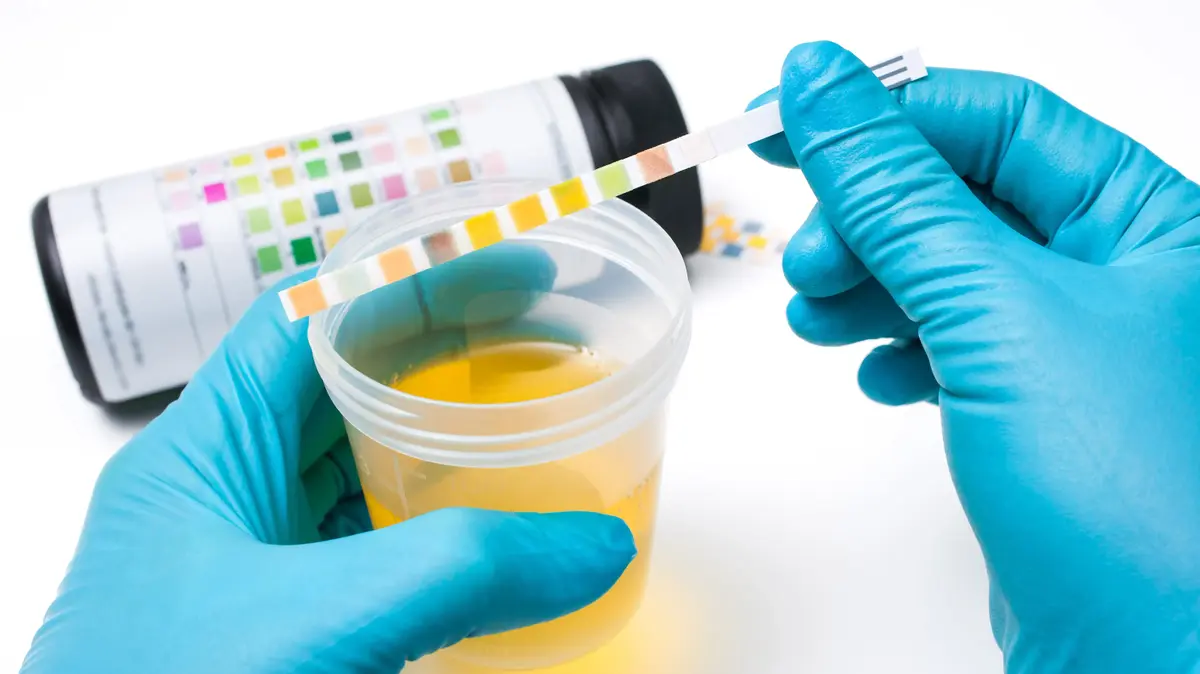Colorectal cancer is the number one cancer in Hong Kong. However, the sensitivity of existing methods to detect early colorectal cancer is only 50%, and it is impossible to detect the recurrence of colorectal polyps.
The Faculty of Medicine of the Chinese University of Hong Kong announced today (28th) that it is the first non-invasive technology to detect colorectal cancer through a unique fecal bacterial gene (M3). The detection sensitivity can reach 94%, which is comparable to colonoscopy.
The School of Medicine of CUHK is the first non-invasive technology to detect colorectal cancer with a unique fecal bacterial gene that is 94% sensitive, which is comparable to colonoscopy.
(Photo by Li Enci)
Chen Jialiang, Dean of the School of Medicine of CUHK and director of the Intestinal Microbiota Research Center, said that the changes in modern people's living and eating habits have led to an imbalance of good and bad intestinal bacteria, and colorectal polyps evolved into colorectal cancer.
When most people are discovered, the cancer has already reached the third or fourth stage, resulting in low survival rates.
At present, the fecal occult blood test is commonly used for screening, but the sensitivity of this method in detecting early colorectal cancer is only 50%, which has serious false negative loopholes.
The risk of recurrence of colorectal polyps is as high as 60%, but the stool occult blood test cannot detect colorectal polyps. Therefore, patients need to take colonoscopy regularly.
Detection of colorectal cancer through fecal bacterial genes
The Faculty of Medicine of The Chinese University of Hong Kong pioneered non-invasive technology to detect colorectal cancer through fecal bacterial genes.
In 10 years, the team analyzed the stool samples of more than 1,100 patients with colorectal cancer or colorectal polyps and found that the bacterial genes contained 4 types of microbial markers (M3). The sensitivity of identifying colorectal cancer with related genes reached 94%, which is comparable to colonoscopy. .
The team further extended the technology to detect the recurrence of colorectal polyps, and followed up with 200 people who had undergone resection of colorectal polyps within 5 years, and found that the relevant bacterial gene (M3) of patients with relapsed polyps was found to be less than those who did not relapse. Significantly higher, the sensitivity of using M3 to detect the recurrence of colorectal polyps is over 90%.
Roommates suffering from colorectal cancer stay at home without air-conditioning. Lice bite: Catch lice and IT male suffers from colorectal cancer and abandons workaholic life. Men’s yoga class: Cancer is diagnosed in Hong Kong for gender equality. Colorectal cancer is diagnosed in Hong Kong Cancer's first medical clinic to universalize screening: do it at the age of 16
01News












/cloudfront-eu-central-1.images.arcpublishing.com/prisa/KMEYMJKESBAZBE4MRBAM4TGHIQ.jpg)


